Summit urges collaborative action to harness AI for tackling humanity's greatest challenges
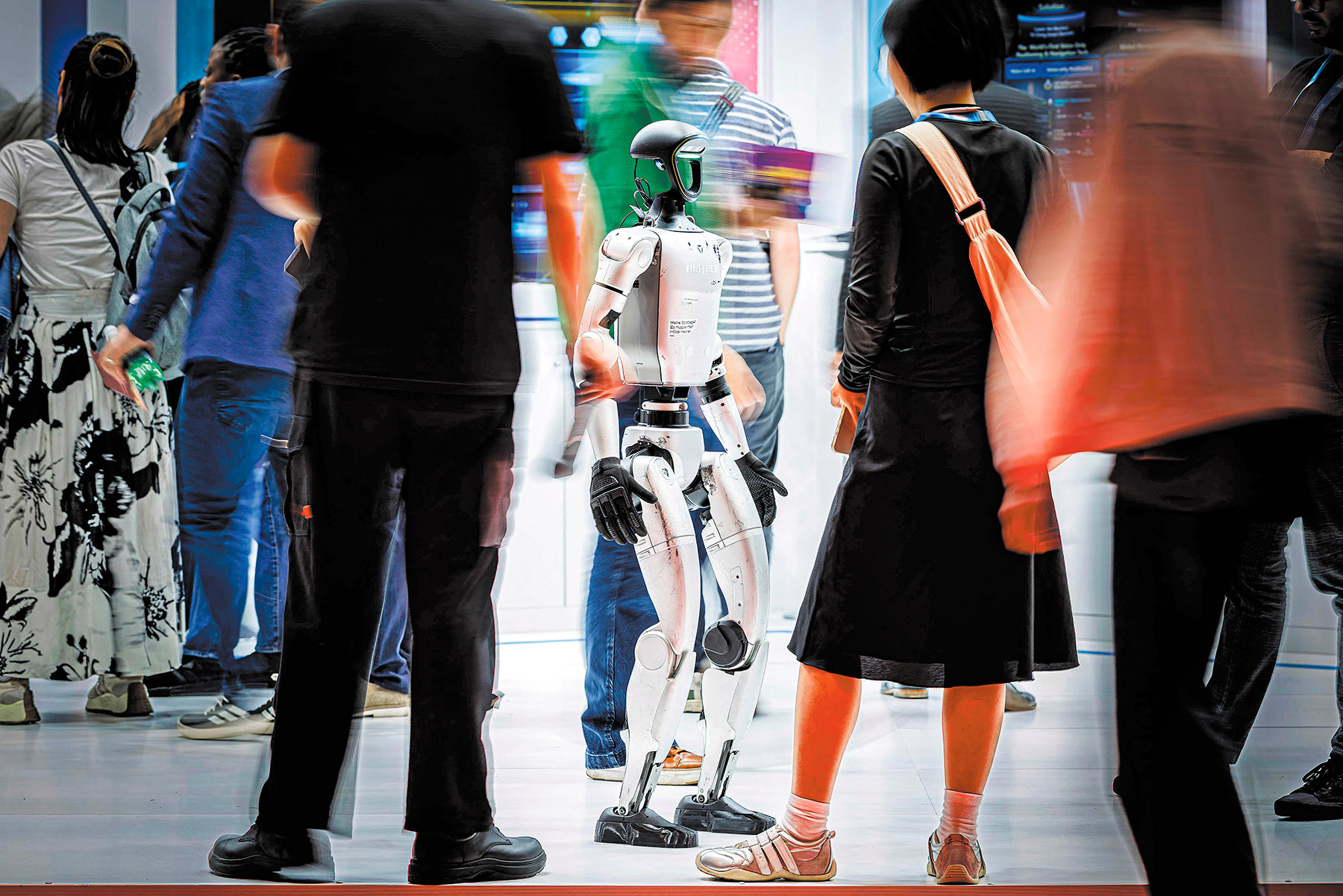
The seventh edition of the AI for Good Global Summit closed on July 11 in Geneva, bringing together world leaders, tech innovators, and civil society to explore how AI can benefit humanity.
It aims to drive concrete solutions using AI to tackle global challenges, including health, climate change, education, and inclusive development.
Hosted by the International Telecommunication Union in collaboration with the Swiss government and over 40 UN agencies, the four-day summit was held at the Palexpo convention center.
The AI for Good Global Summit was established in 2017. This year's edition marked the largest gathering since its inception, featuring exhibitions from 150 companies — including 100 robotics firms, Over 11,000 participants from 169 countries participated in the summit, with many more taking part online, according to Xinhua News Agency.
READ MORE: AI evolution promoted as key driver of productivity
The event included live demonstrations of AI applications, an extensive exhibition space showcasing cutting-edge technologies, and networking zones designed to foster collaboration. Dedicated sessions also explored the ethical dimensions and regulatory frameworks needed to guide AI deployment globally.
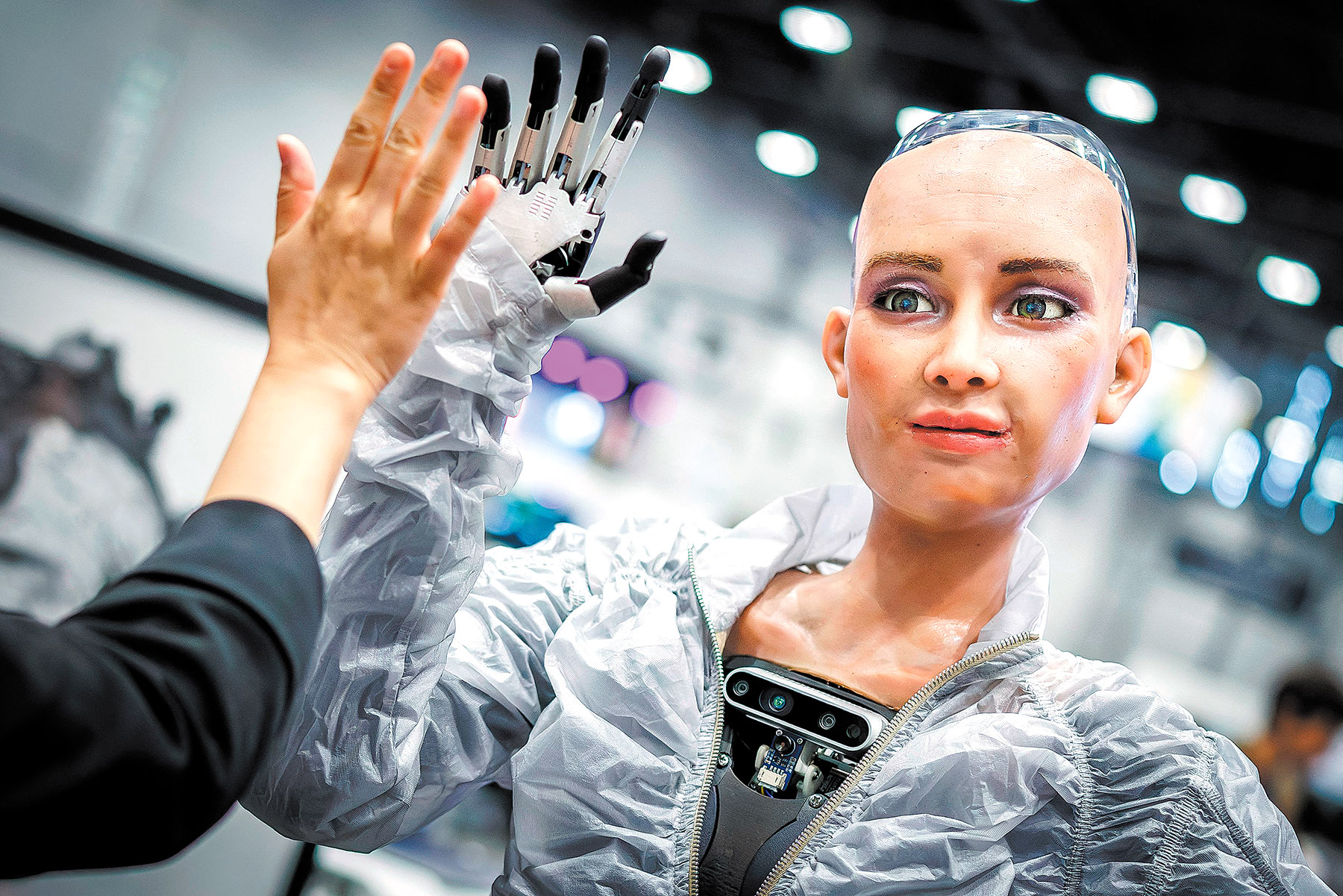
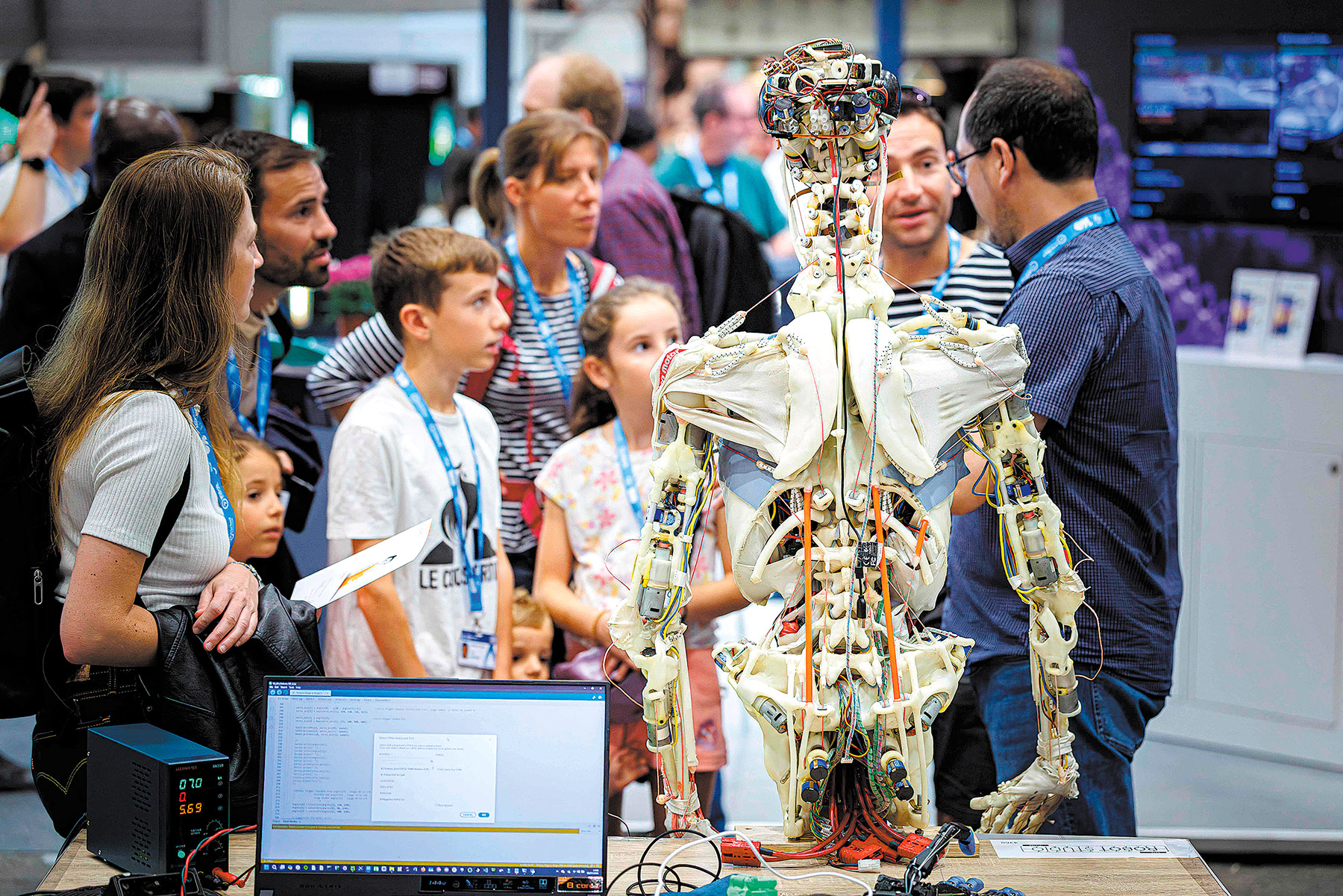
Highlighted case
At the summit, OneAstronomy — an AI model for astronomy developed with the National Astronomical Observatories of the Chinese Academy of Sciences and the Zhejiang Laboratory — was recognized as a 2025 AI for Good "Innovate for Impact" use case.
Whether satellites are used for GPS systems, climate sensors, telescopes, weather forecasting or communication, many organizations increasingly rely on the observations made by orbiting spacecraft.
But this raw data needs to be crunched back on Earth, meaning it's limited by transmission bandwidths and the narrow windows it can be sent as satellites pass over ground stations, meaning a lot of it is lost.
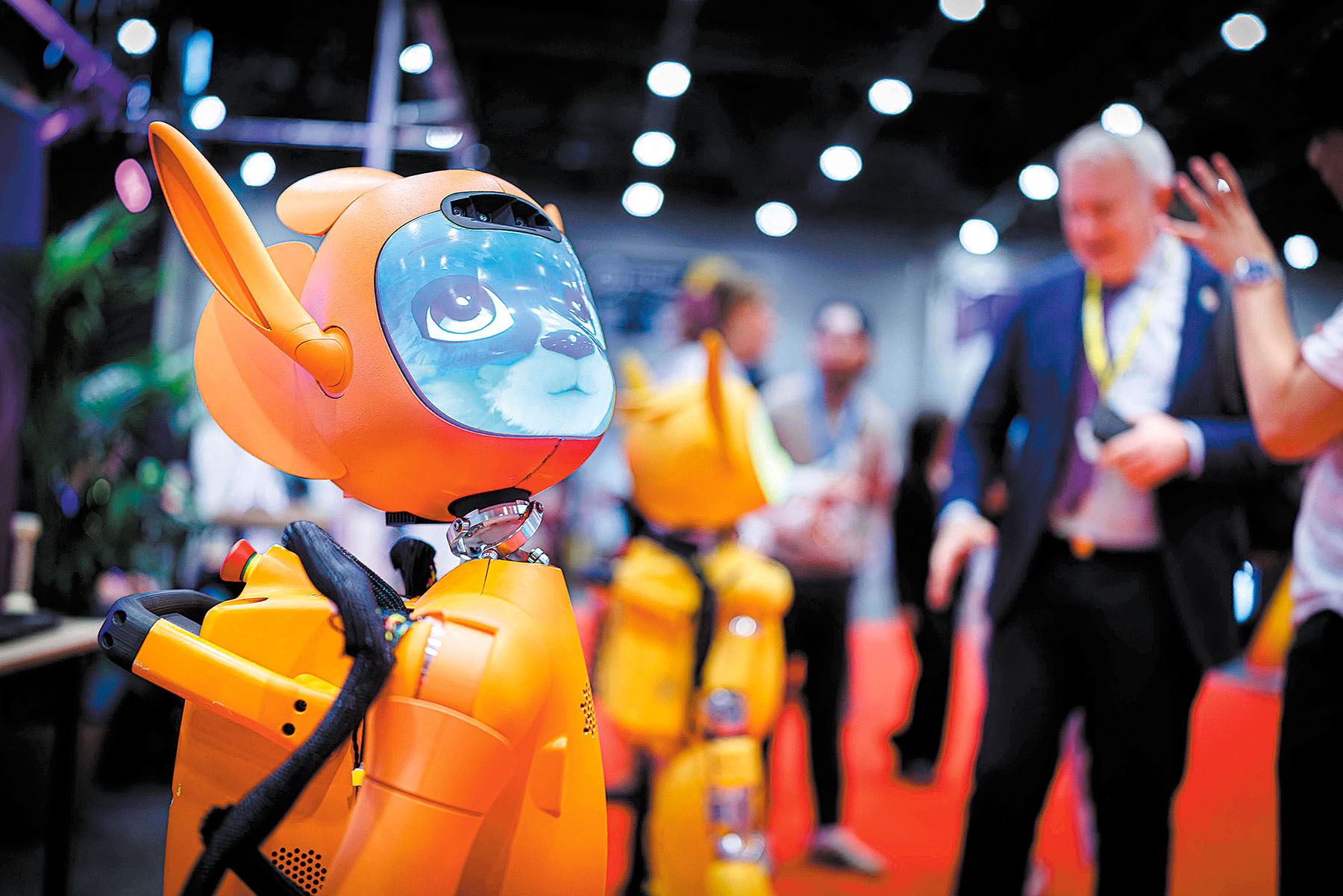
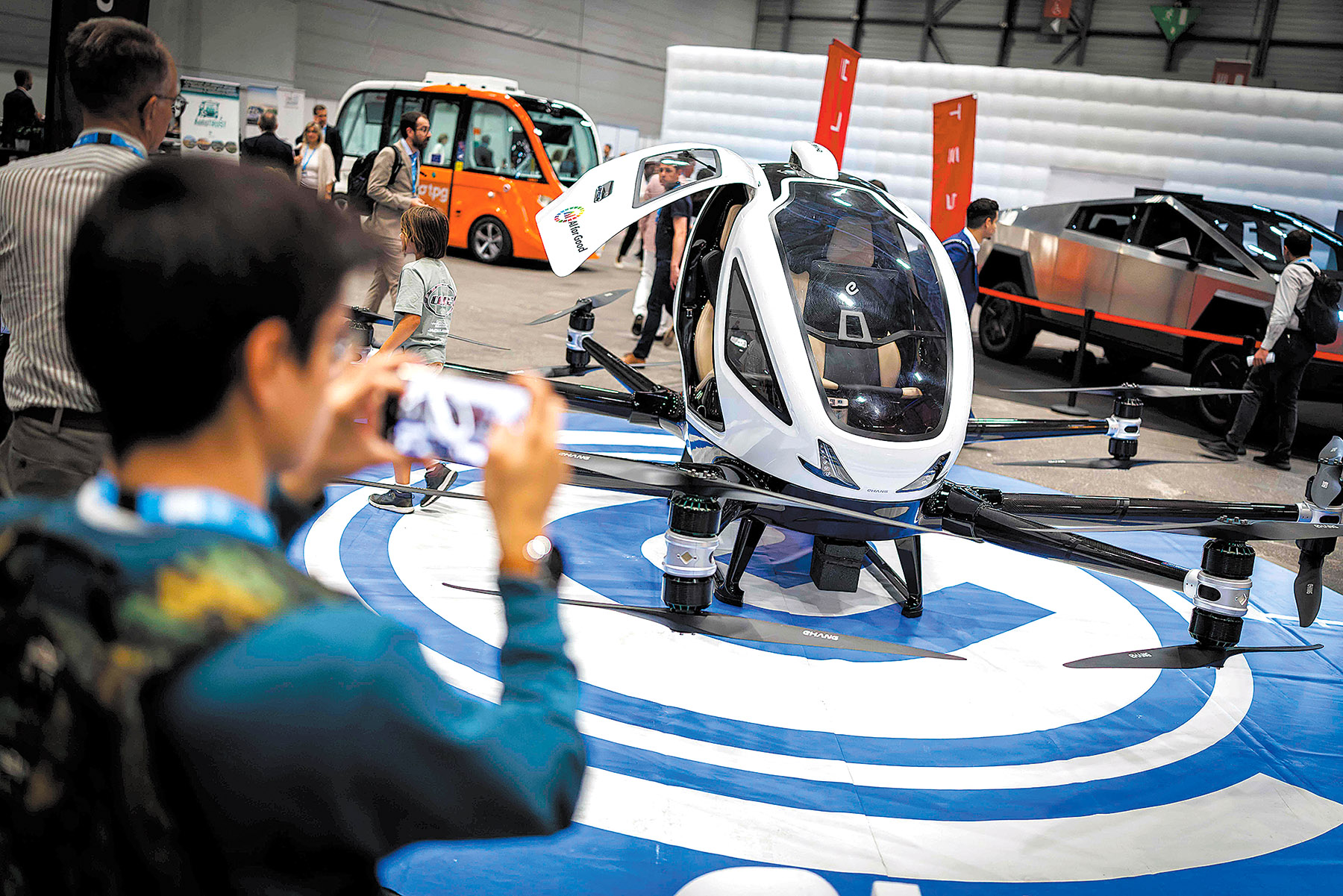
In May 2025, the Zhejiang Laboratory and its partners' first milestone was achieved with the successful launch of 12 computing satellites, marking a leap toward in-orbit computing and AI model deployment in space.
Wang Jian, director of China's Zhejiang Laboratory, said: "I've been working on cloud computing for a long time, and finally realized actually all the cloud computing we're talking about is actually on the ground.
"And this is the first time we really put the computing in the inner space. We have three kinds of satellites — communication, navigation, and observation, and now we could have the fourth type of satellites, which I call the computing satellites."
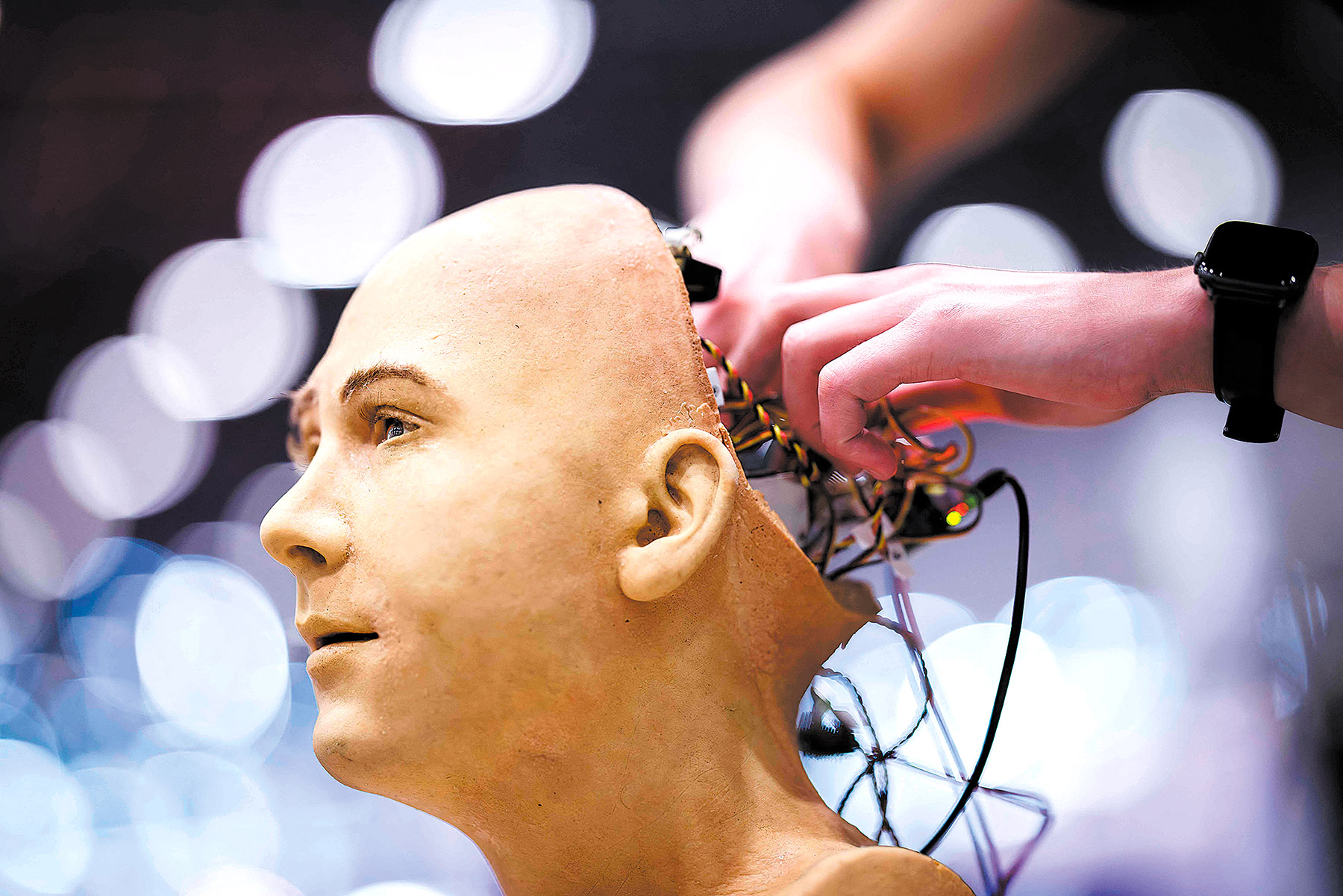
Wang emphasized that computing and AI are vital for humanity's journey into deep space. "We want to make sure, even though it's hard, we want to do that," he said.
ALSO READ: Unveiling the future
Doreen Bogdan-Martin, secretary-general of the International Telecommunication Union, said, "This year's AI for Good Global Summit has shown that when people come together, dialogue can lead to inclusive cooperation, concrete action, and hope.
"Let's recommit to treating AI not as an end, but as a means to do good, for the benefit of all humanity, everywhere," she said.
Xinhua contributed to this story.


